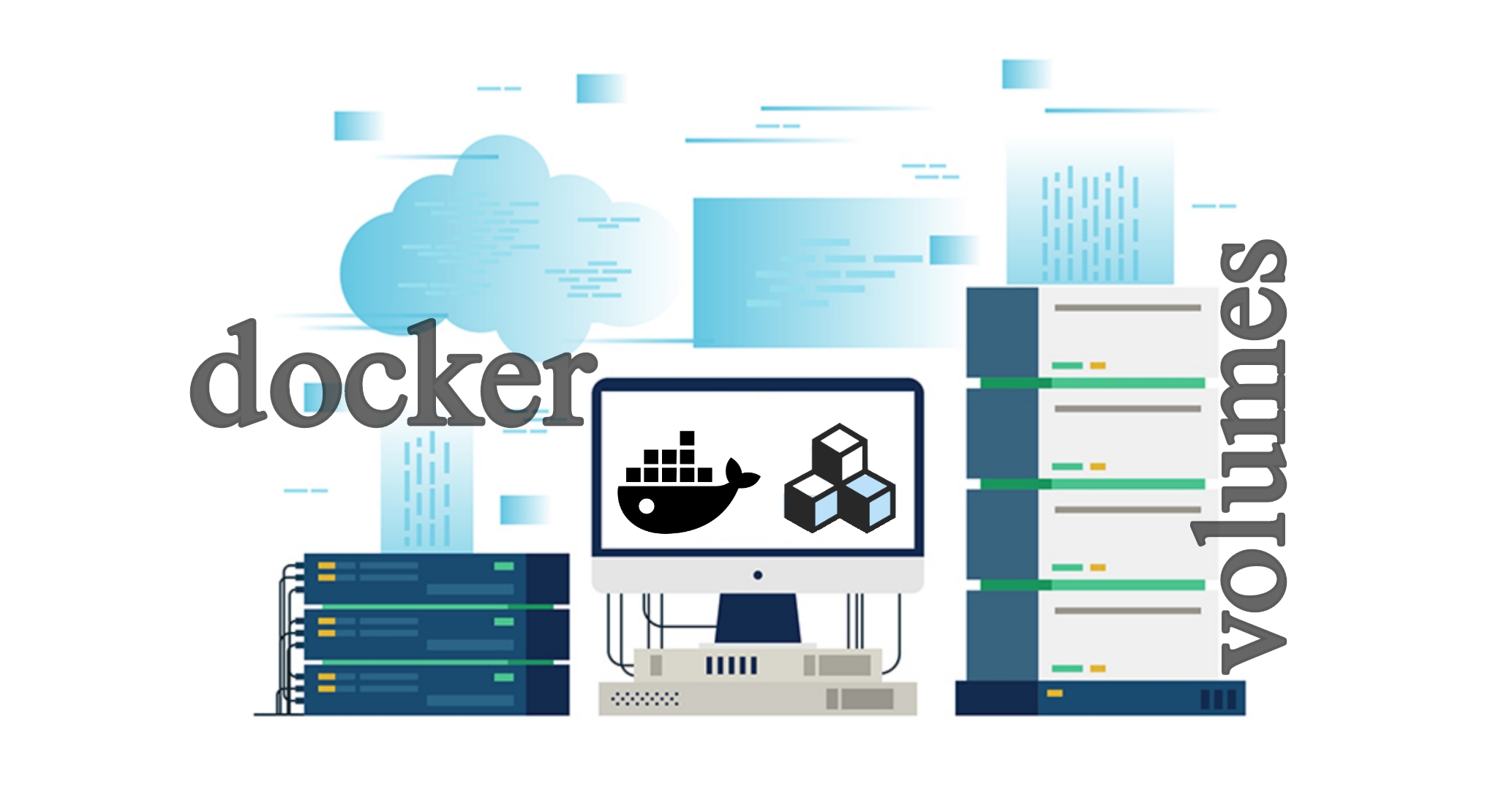Docker Volumes : Simple Solutions for Better Data Management 🐬🗳️
 RAKESH DUTTA
RAKESH DUTTA
A Docker volume is a way to store data that our Docker containers use and create. This is the best way to manage data because Docker takes care of the volumes for us. Unlike bind mounts which rely on files on our host system and can be difficult to manage Docker volumes are easy to move and back up. We can manage volumes using Docker commands or Docker API and they work with both Windows and Linux containers. Using volumes makes it safe to share data between containers. Docker volumes are a simple and useful way to keep data safe when using containers. They act like special storage that is attached to our containers so that any data created by the container is stored and not lost.
Before diving into Docker volumes we need to understand what & how they store.
Docker File System
So all docker files stored in the by-default docker container if we delete the container the container will sink with all our data. If we want to keep data continuously then there are many ways one of which is volume second is bind mount. Here we will learn about the use of Docker volumes and how containers exchange data. Docker volumes essentially map the Docker container file system to the local file system where data generated by an application in the Docker container can be found on a different file system outside the container the post file system.
This is how Docker File System Works
Docker's file system also called the union file system it is built from several layers that make up Docker images. When we run a container Docker adds a new layer on top of these existing layers to create the container's file system. This keeps the container's file system separate from our host system.
Each level includes changes like adding or modifying files. When a container is started Docker adds a thin writable layer on top of the others. Changes made by the container go to this writable layer while files remain the same as those in the layers below. This setup helps keep the writable layer small.
Docker uses a system called OverlayFS to manage these layers. OverlayFS combines all layers into one view, which is fast and efficient.
Importance of Docker Volumes
Docker volumes are important because they allow data to persist even if a container is deleted or updated. They also provide a way to share data between containers and hosts and containers. This way, we can easily back up or share data. Even if we update or delete the container, our data remains safe and will not be lost. This helps ensure important application data is preserved during routine changes.
Here are some other reasons why Docker volumes are important
Data persistancy : Volumes keep data safe even if we update or delete a container. This means important application data is not lost during regular changes.
Shared Storage : Volumes can be used in multiple containers at the same time. This allows different containers to read and write the same data which helps us easily share code and resources.
Efficient performance : Volumes are stored on a dedicated portion of the host computer's storage managed by Docker. This setup helps keep performance fast and separates it from other Docker functions.
Backups and Snapshots : Backing up or taking snapshots of volumes is easy because the data is isolated from the container. This helps ensure that important data can be recovered if something goes wrong.
Types of Popular Docker Volumes
Named Volumes : This is one that is not commonly used Volume. Docker volumes are a way to hold and manage data used by your Docker containers. We can manage these volumes with simple commands or tools. They are easier to back up and move than other methods. Also we can safely use the same volume in multiple containers yeah you heard it right we just need to do add our volume key in the dokcer-compose.yml file service destination. We can create a volume manually using a command or let Docker create one for you when you start a container.
Host Volumes : The host volume is the folder or file on our computer that we attach to a Docker container. This means we can share data between our computers and containers. For example if we have a file on our computer and we want to access or use the container we set up a host volume to link that file to the container. This allows the container to see and use the file just as if it were part of its own system.
Anonymos Volumes : Anonymous volumes are special types of storage that Docker automatically creates and manages. They are not tied to a specific container's file system meaning they exist separately from the container. This means that even if we delete the container it will sink and leave the data the data on the anonymous volume remains intact and can be used in other containers or for future use.
Usecases of Docker Volumes
Storing Application Data : Volumes are perfect for holding data generated by our application. For example, if our app allows users to upload images or save files we should use a volume to keep these files safe and accessible. This ensures that important data is not lost when the container is closed or recreated.
Easy Backups : Docker Volume makes it easy to back up our data. Instead of manually copying data from different locations we can back up entire volumes at once. We can even automate this process with available tools or Docker Desktop features making it much easier than working with individual directories.
Database Storage : For databases like MongoDB, PostgreSQL and MySQL we should use volumes to store data. This means our database information will remain intact even if the container running the database is stopped or restarted. This helps ensure that our data is secure and consistent.
Shared Data : Volumes can be shared between multiple containers. This means that if several containers need to use the same data they can all access it and update it in real time. For example, if update happens in one container or in a file and their other containers using the same volume the update will immediately reflect the changes.
Advantages of Docker Vloumes
Performance : Docker desktop volumes generally work much better than bind mounts on Windows and Mac computers.
Volume Drivers : Docker volume drivers add more features like encryption, remote storage from cloud providers, and improved functionality.
External Storage : For flexibility and scalability Docker volumes can be set up to use external storage options such as cloud storage services or network-attached storage.
Management : Docker volumes can be managed via Docker API or Docker CLI commands.
Sharing : Docker volumes can be easily shared between multiple containers allowing them to access and update the same data which is useful for collaboration.
Data Persistence : Docker volumes ensure that critical data remains intact even when containers are stopped or recreated and saving critical data.
Disadvantages of Docker Volumes
Compatibility Issues : Although Docker is open source not all container solutions work well together. This is often due to competition between different companies that provide support for these solutions.
Migration Challenges : Moving Docker volumes between different environments can be difficult especially if storage drivers or settings change.
Security Concerns : Docker volumes can pose security risks depending on how they are set up especially if they are shared between multiple containers.
Limited Monitoring : Docker's only built-in monitoring tool is the stats command. While this provides basic information about the container it may not be sufficient to warrant more detailed observation.
Storage Performance : The performance of Docker volumes can vary based on the underlying storage system which can affect how fast data can be read or written from the volume.
Backup Complexity : Backing up Docker volumes can be complex, especially if the volumes are spread across different storage systems or involve multiple containers, requiring careful planning and management.
Overall, Docker volumes are used to store and manage data for Docker applications. They are separate from the container's own file system so the data is safe even if the container is deleted. Unlike bind mount which is completely managed by Docker depending on the host machine's setup volume, it makes a good choice for keeping data consistent and secure.
Subscribe to my newsletter
Read articles from RAKESH DUTTA directly inside your inbox. Subscribe to the newsletter, and don't miss out.
Written by
